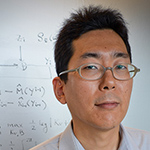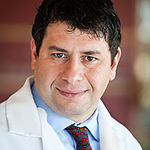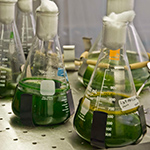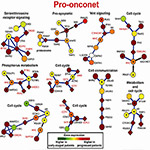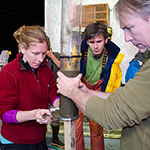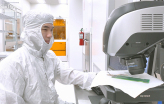UC San Diego Professor Wins Top Information Theory Award
Using powerful mathematical techniques from information theory, linear systems theory, convex optimization, and functional analysis, a professor of electrical and computer engineering at the University of California, San Diego resolved a 40-year-old open problem in the field of communication.
